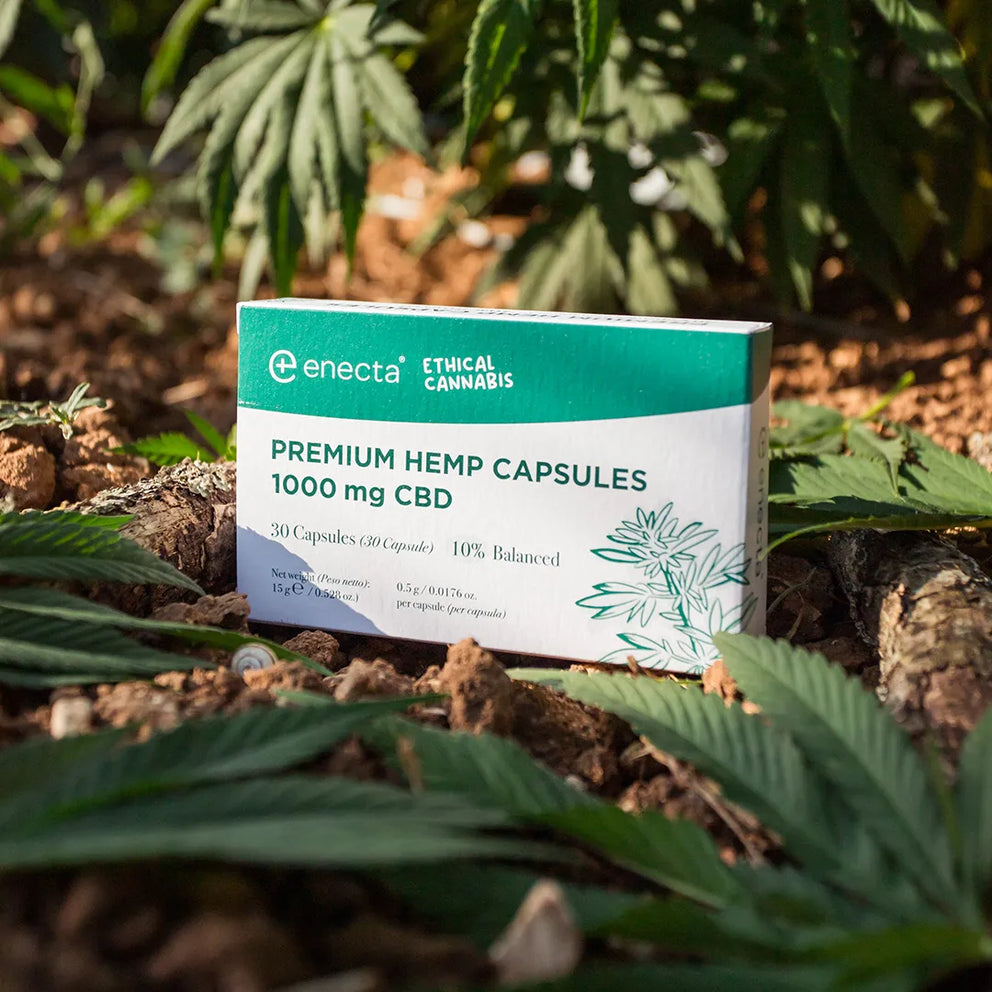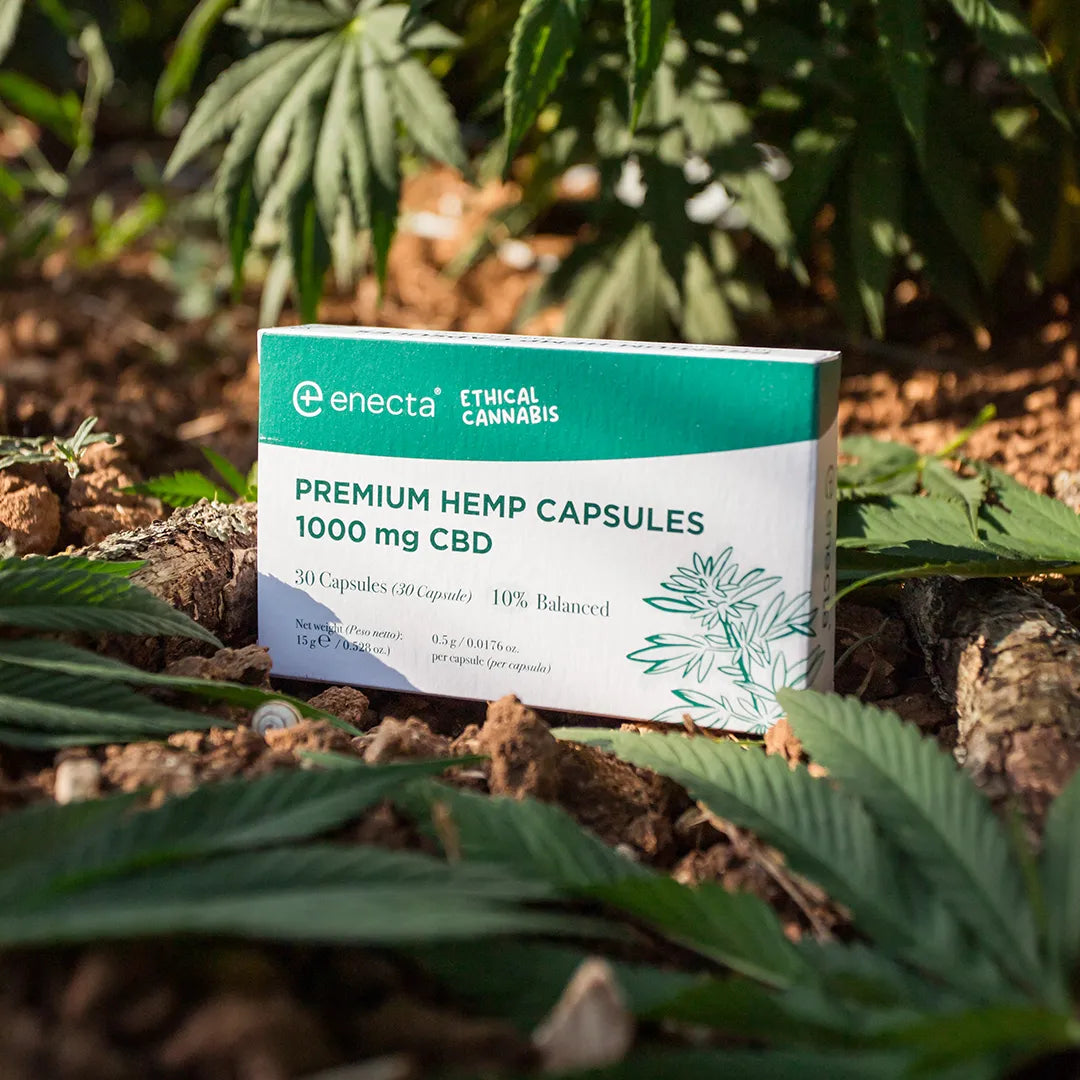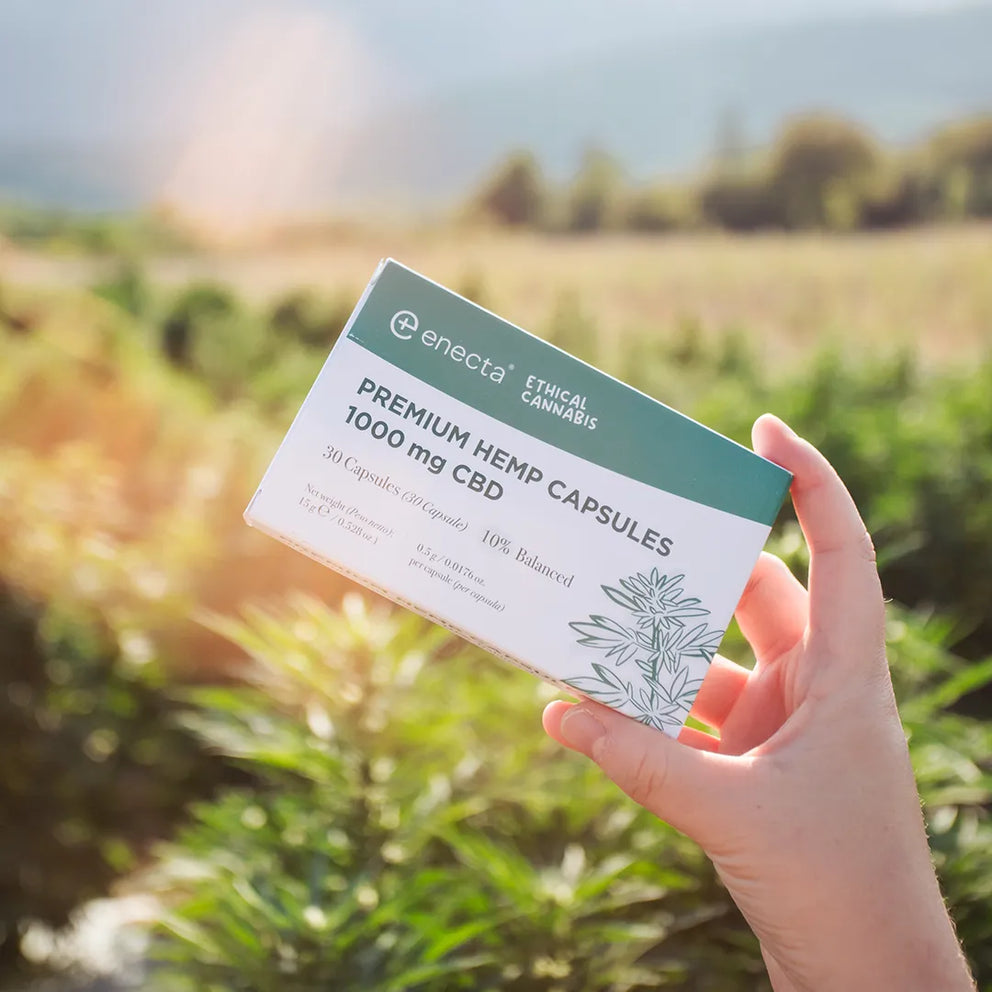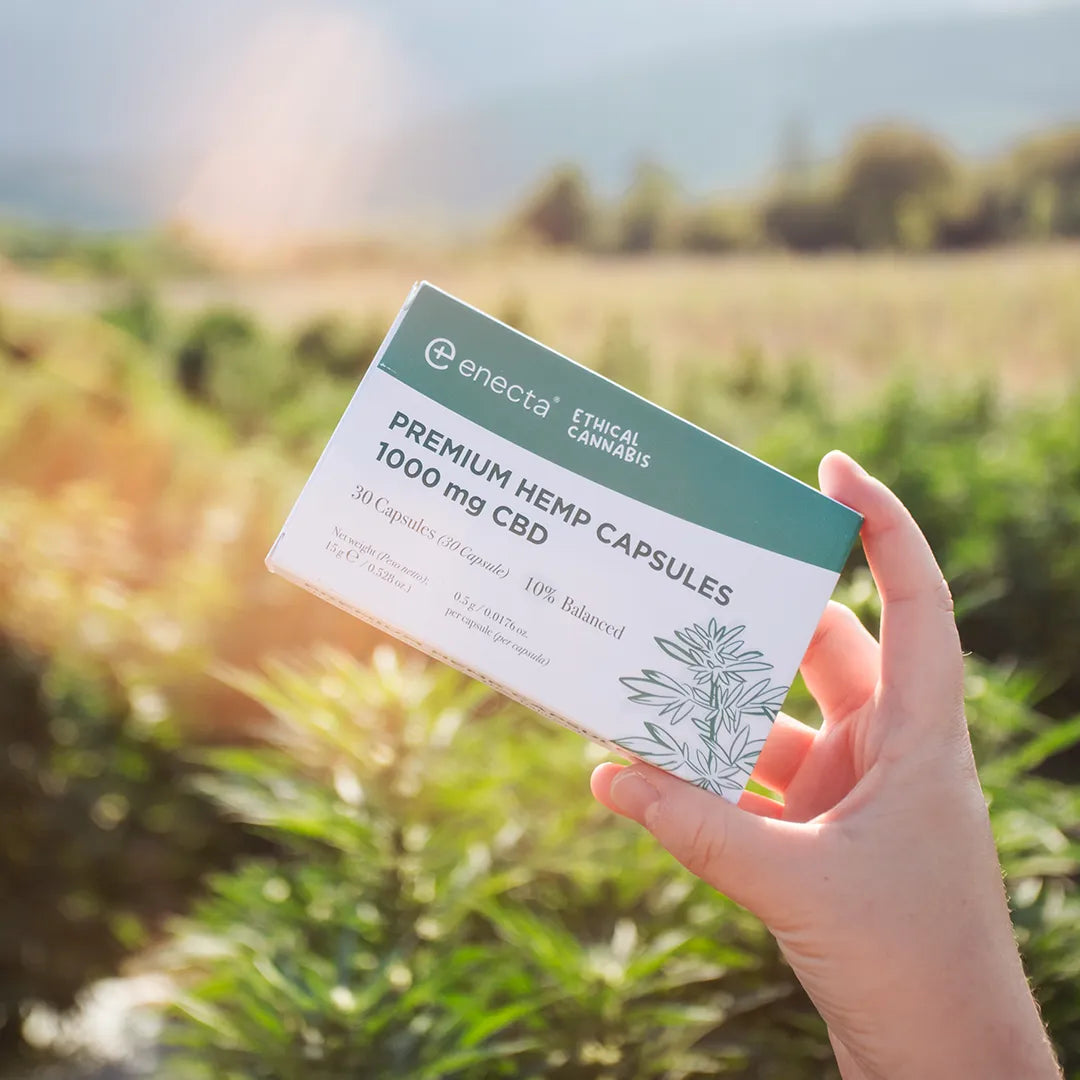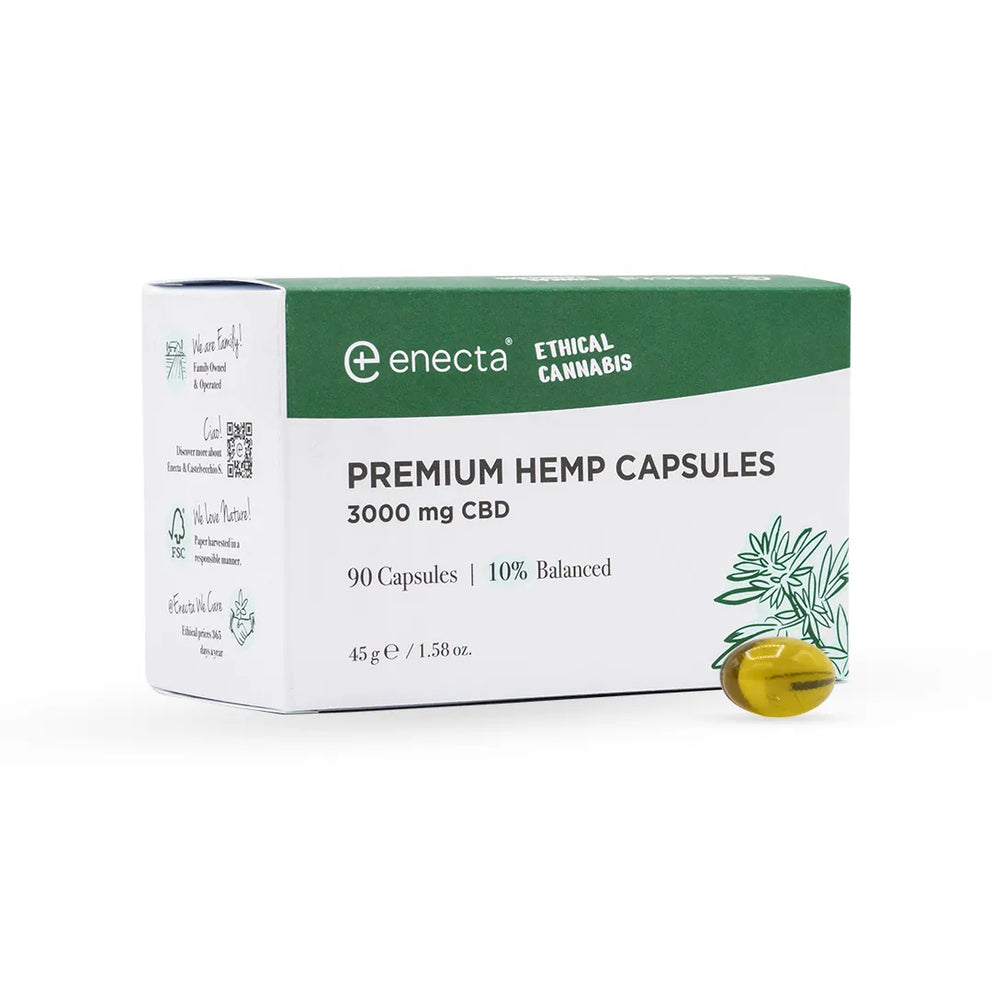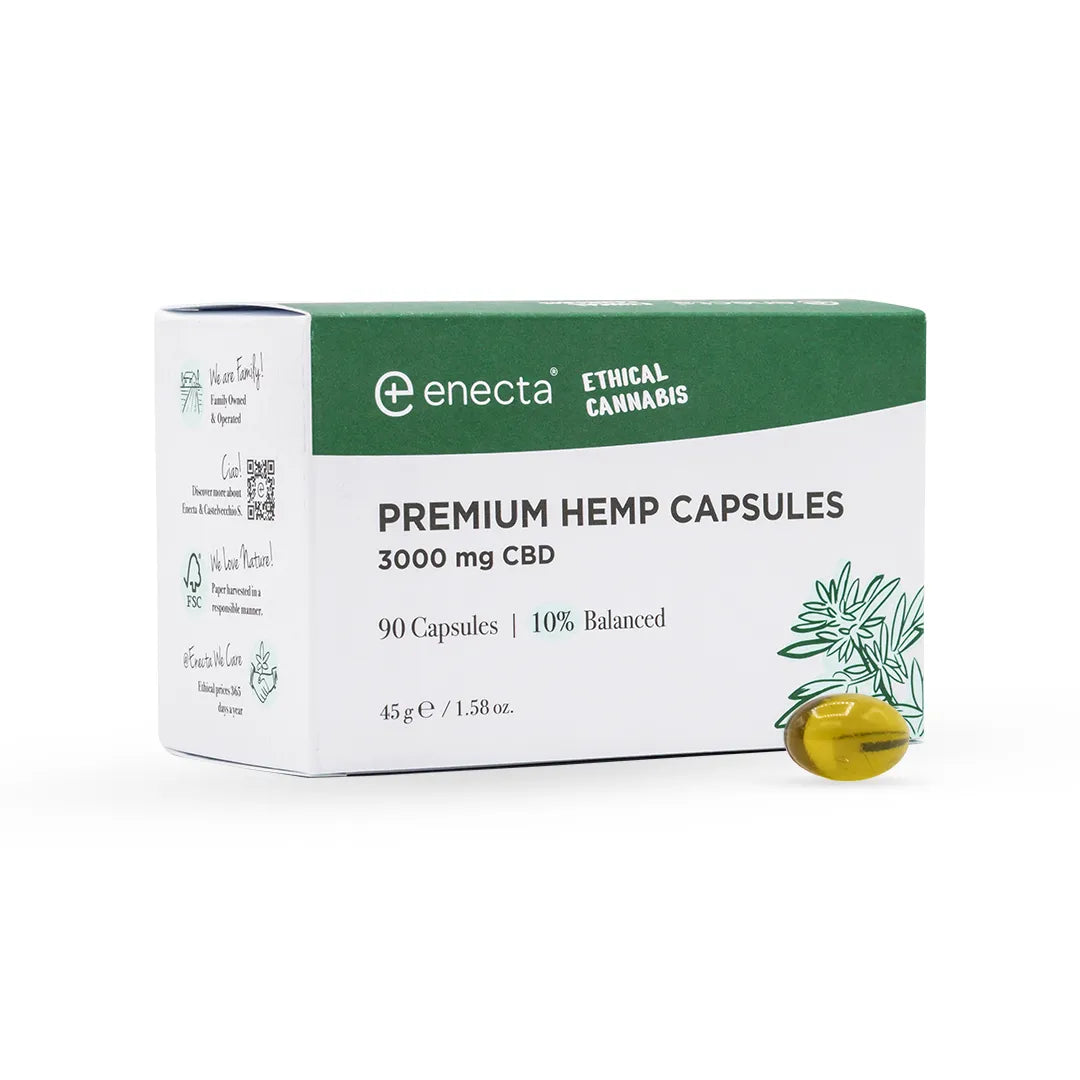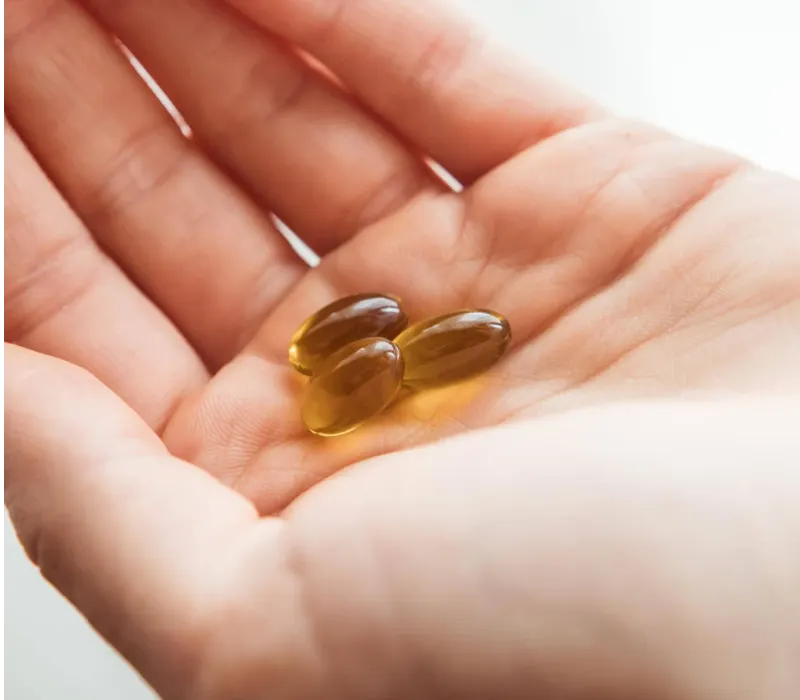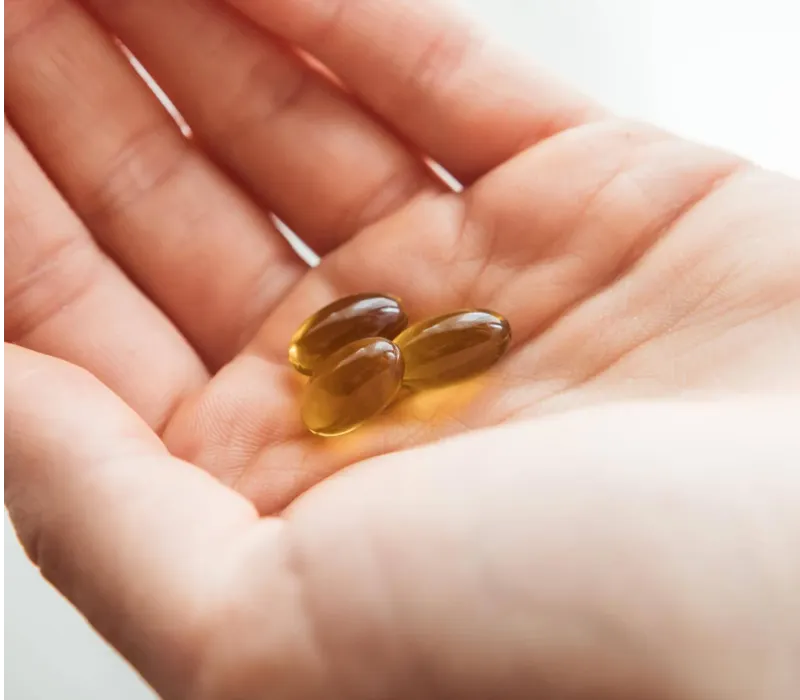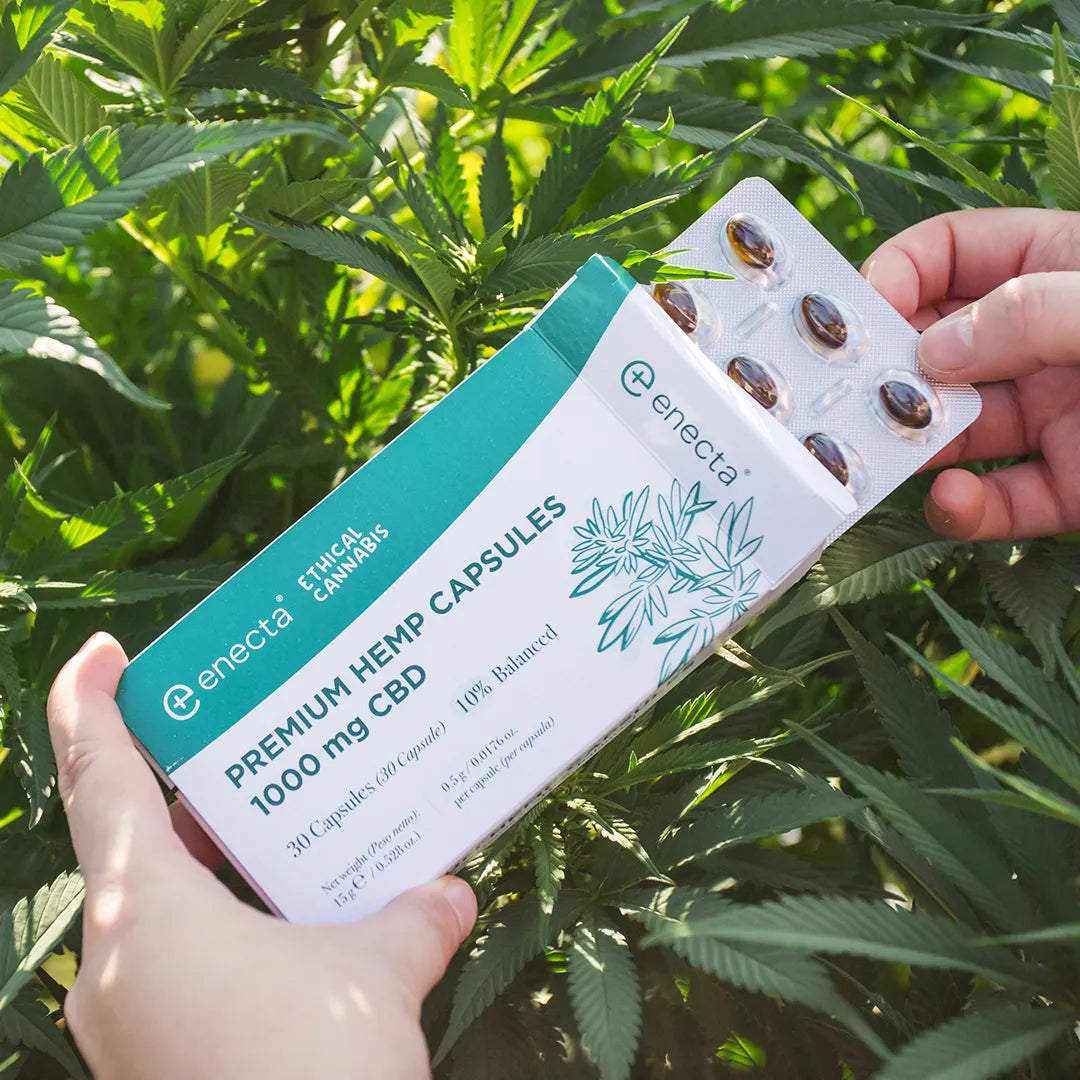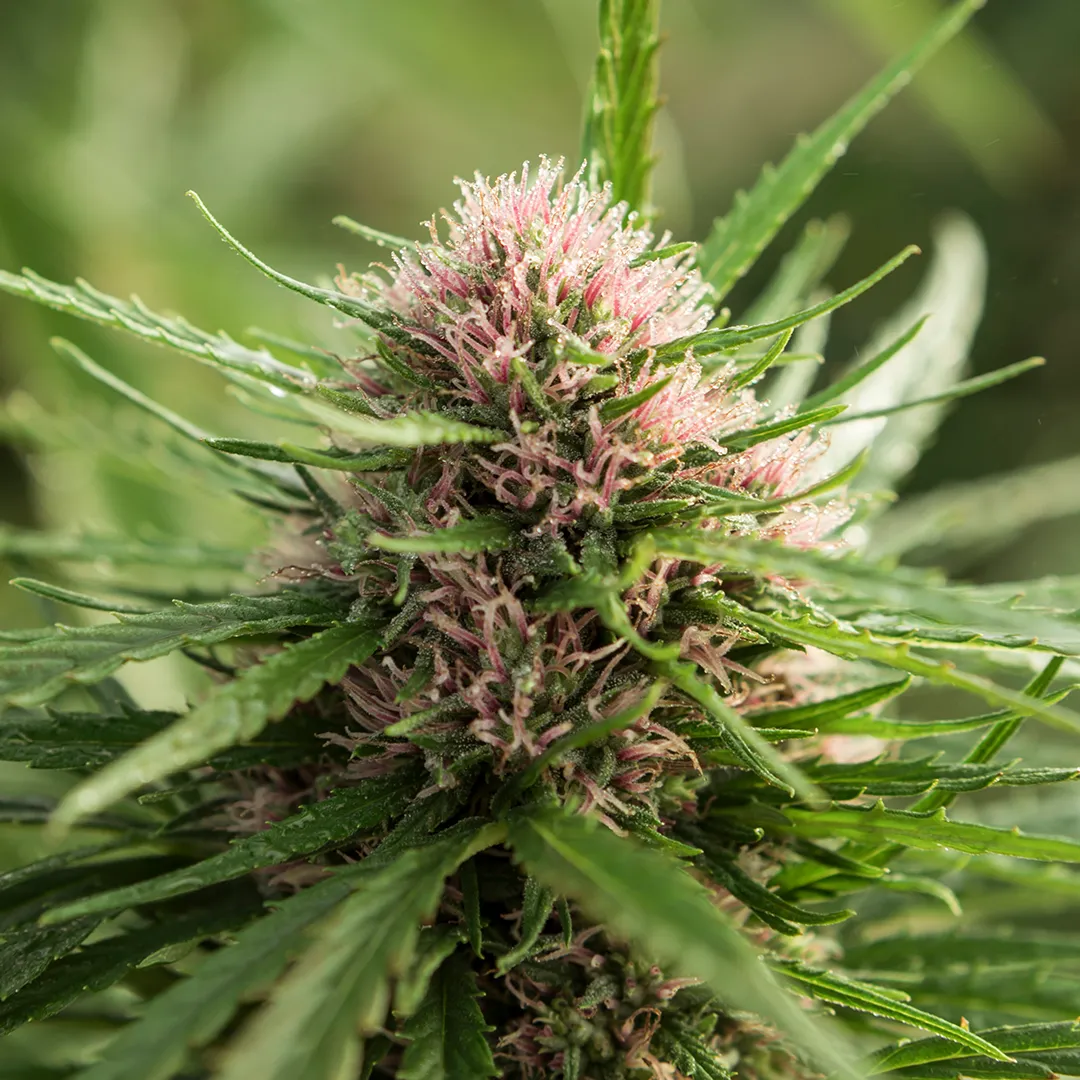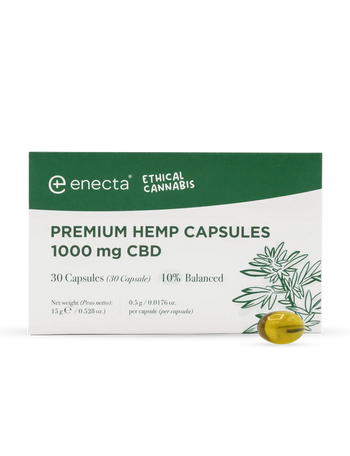Bonn-Miller, M. O., et al. (2017). Labeling Accuracy of Cannabidiol Extracts Sold Online. JAMA, 318(17), 1708-1709.
Citti, C., et al. (2018). Analysis of cannabinoids in commercial hemp seed oil and decarboxylation kinetics studies of cannabidiolic acid (CBDA). Journal of Pharmaceutical and Biomedical Analysis, 149, 532-540.
Corroon, J., & Phillips, J. A. (2018). A Cross-Sectional Study of Cannabidiol Users. Cannabis and Cannabinoid Research, 3(1), 152-161.
Grotenhermen, F., & Müller-Vahl, K. (2016). Medicinal Uses of Marijuana and Cannabinoids. Critical Reviews in Plant Sciences, 35(5-6), 378-405.
Iffland, K., & Grotenhermen, F. (2017). An Update on Safety and Side Effects of Cannabidiol: A Review of Clinical Data and Relevant Animal Studies. Cannabis and Cannabinoid Research, 2(1), 139-154.
Johnson, R. (2019). Defining Hemp: A Fact Sheet. Congressional Research Service.
Lazarjani, M. P., et al. (2020). Processing and extraction methods of medicinal cannabis: a narrative review. Journal of Cannabis Research, 2(1), 1-15.
MacCallum, C. A., & Russo, E. B. (2018). Practical considerations in medical cannabis administration and dosing. European Journal of Internal Medicine, 49, 12-19.
Millar, S. A., et al. (2019). A Systematic Review on the Pharmacokinetics of Cannabidiol in Humans. Frontiers in Pharmacology, 10, 1365.
Mücke, M., et al. (2018). Cannabis-based medicines for chronic neuropathic pain in adults. Cochrane Database of Systematic Reviews, 3(3), CD012182.
Pertwee, R. G. (2008). The diverse CB1 and CB2 receptor pharmacology of three plant cannabinoids: Δ9-tetrahydrocannabinol, cannabidiol and Δ9-tetrahydrocannabivarin. British Journal of Pharmacology, 153(2), 199-215.
Russo, E. B. (2011). Taming THC: potential cannabis synergy and phytocannabinoid-terpenoid entourage effects. British Journal of Pharmacology, 163(7), 1344-1364.
Shannon, S., et al. (2019). Cannabidiol in Anxiety and Sleep: A Large Case Series. The Permanente Journal, 23, 18-041.
Small, E. (2015). Evolution and Classification of Cannabis sativa (Marijuana, Hemp) in Relation to Human Utilization. The Botanical Review, 81(3), 189-294.
Watt, G., & Karl, T. (2017). In vivo Evidence for Therapeutic Properties of Cannabidiol (CBD) for Alzheimer's Disease. Frontiers in Pharmacology, 8, 20.
Zgair, A., et al. (2016). Dietary fats and pharmaceutical lipid excipients increase systemic exposure to orally administered cannabis and cannabis-based medicines. American Journal of Translational Research, 8(8), 3448-3459.
